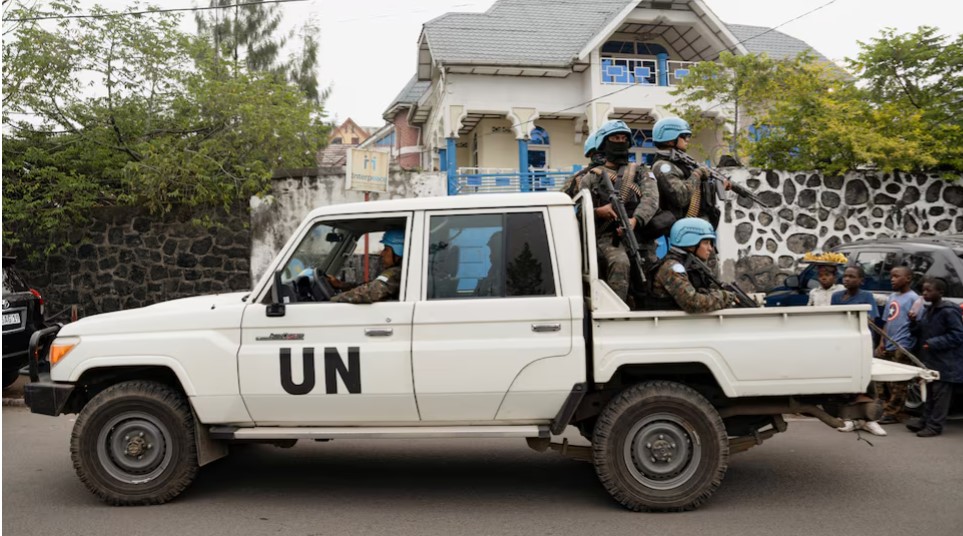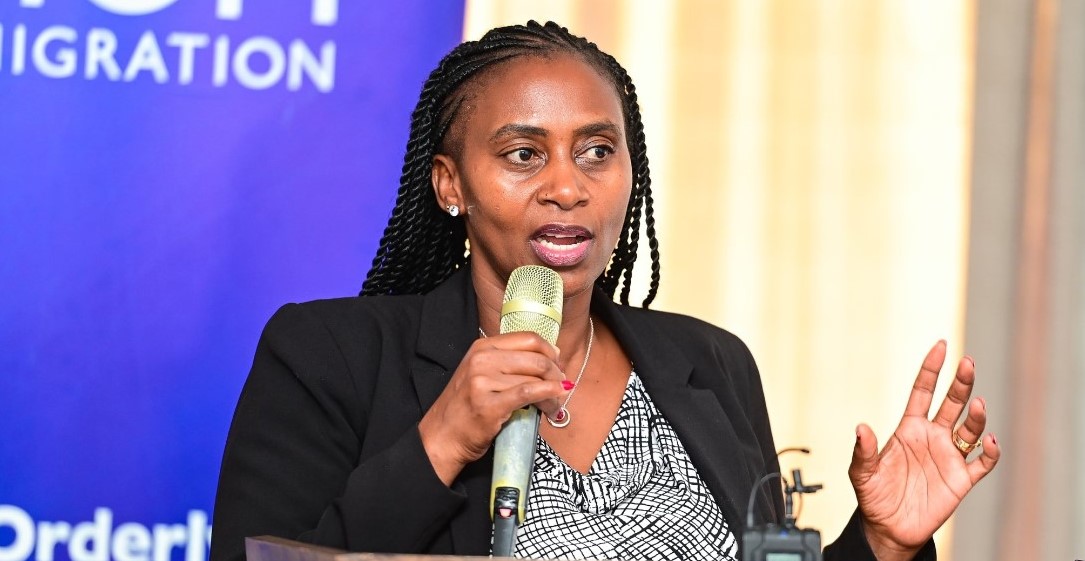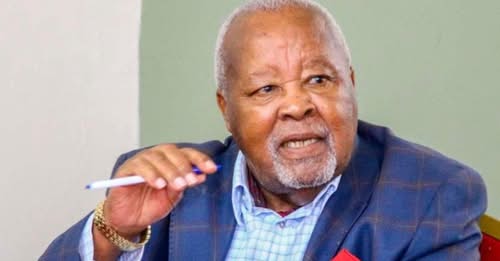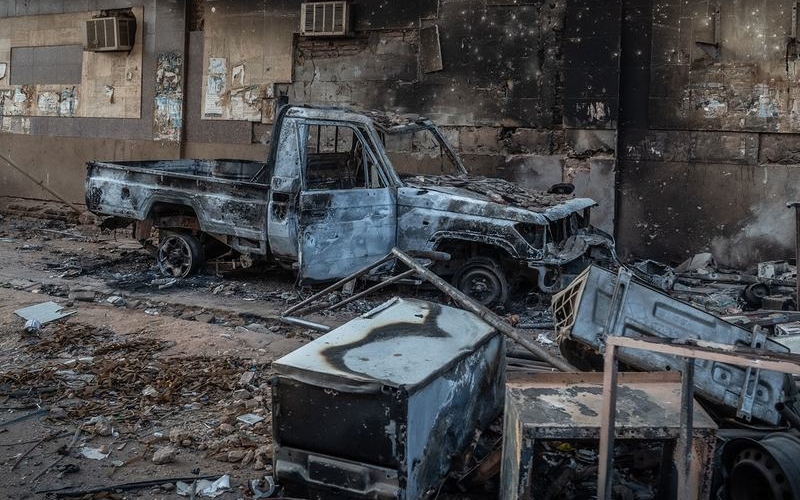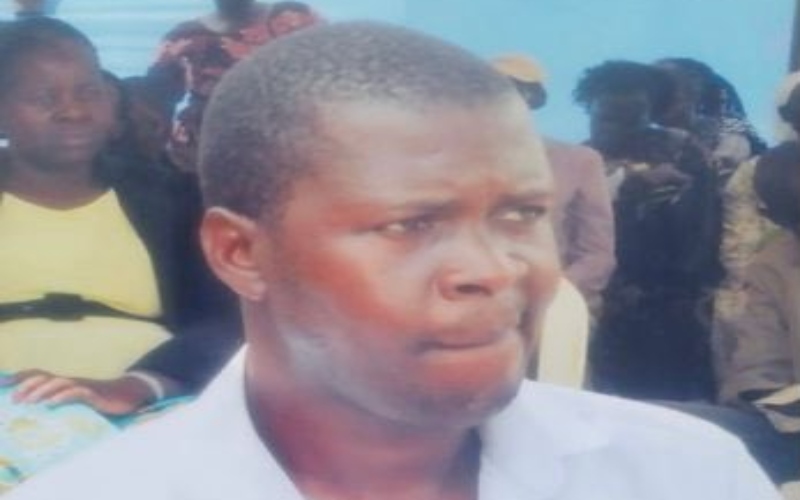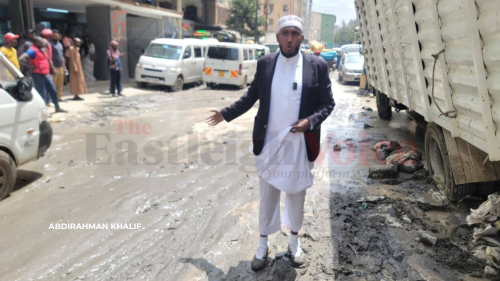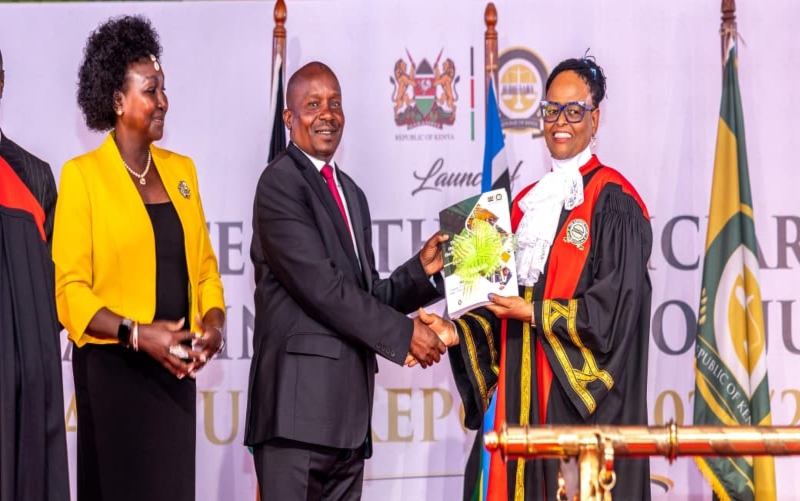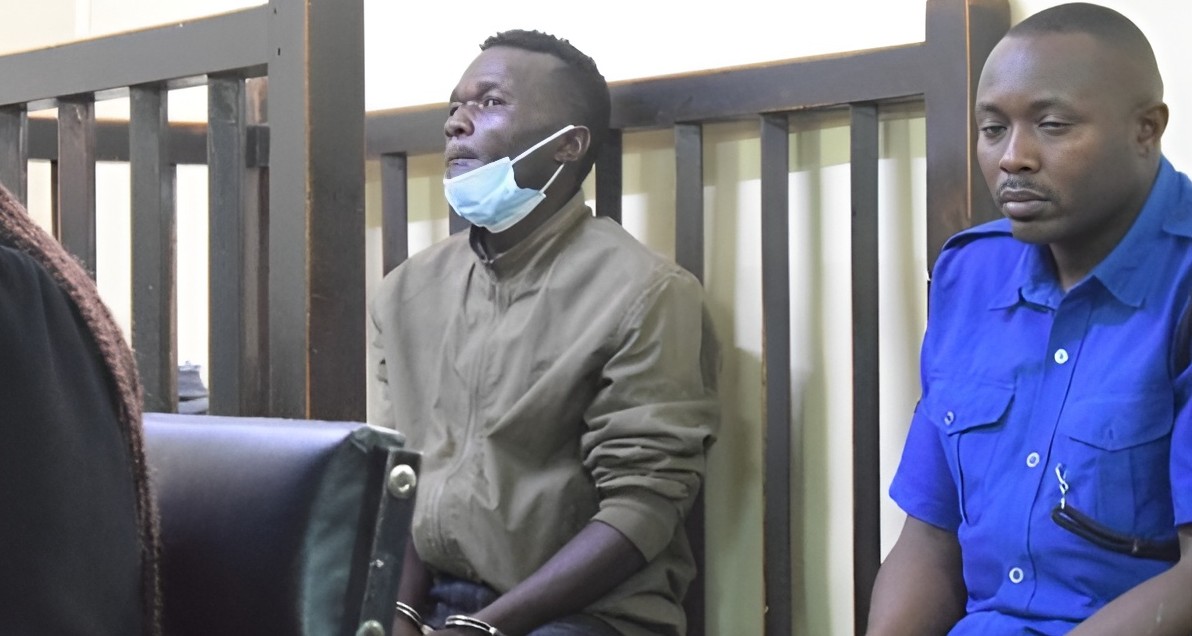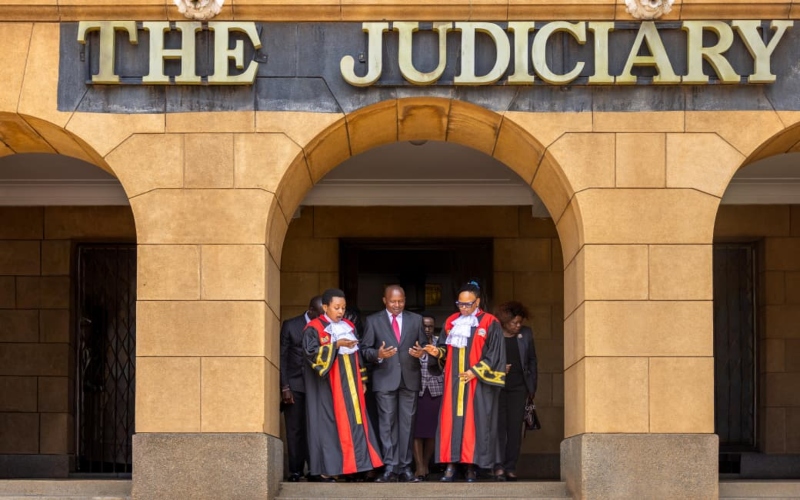G20 summit in South Africa adopts declaration despite US boycott

Leaders from the Group of 20 (G20) nations unanimously adopted a comprehensive 122-point declaration at the start of their historic summit in Johannesburg this weekend (November 22–23, 2025).
This historic move came despite the summit being overshadowed by a diplomatic rift and a boycott ordered by US President Donald Trump.
More To Read
- G20: South Africa hosts summit in shadow of US boycott
- US bars Mandela Foundation Chair in latest diplomatic flashpoint with South Africa
- South Africa rejects US plan to send Chargé d’Affaires for G20 handover
- Trump to focus on ending Sudan civil war
- Africa has a debt crisis: momentum from G20 in South Africa can help find solutions
- South Africa denounces Trump’s G20 boycott, calls genocide claims false
The 2025 summit, the first ever held on African soil, is being convened under the theme “Solidarity, Equality, and Sustainability.”
South Africa’s President Cyril Ramaphosa said the success in securing unanimous backing for the text reflected a renewed commitment to multilateral cooperation at a time of deepening global conflict, economic fragmentation, and rising geopolitical tensions.
The United States had reportedly urged partners not to adopt a Leaders’ Declaration in its absence. The US, which takes over the G20 presidency next year, had demanded that no formal declaration should be issued.
It also requested that its acting ambassador, Marc Dillard, be allowed to participate in the handover ceremony at the end of the summit. South Africa has rejected that request.
“It has never been done before, and it is not going to start now with South Africa,” presidency spokesperson Magwenya elaborated. “The president will not hand over to a junior embassy official. It is a breach of protocol that will not be accommodated.”
“The adoption of the declaration from this summit sends an important signal to the world that multilateralism can and does deliver,” he said.
Presidential spokesperson Vincent Magwenya said the decision was deliberate.
“Normally, the adoption of the declaration happens right at the end,” he said. “But there was a sense that we should move to have the summit declaration adopted first as the first order of the day.”
The declaration places strong emphasis on the African philosophy of Ubuntu, affirming that “no nation can thrive in isolation” and calling for deeper cooperation to address rising global instability, widening inequality, and the socioeconomic fallout of conflict and climate-related disasters.
The document places Africa and the broader Global South at its centre, outlining commitments across economic governance, climate resilience, debt reform, digital transformation, and global security.
The declaration delivers robust commitments on disaster resilience, including expanded financing tools such as parametric insurance and risk pools, and calls for rapid investment in early-warning systems by 2027.
It also prioritises debt sustainability, endorsing reforms to the G20 Common Framework and demanding stronger support from multilateral lenders.
On economic governance, the declaration reaffirms the need to improve debt treatments for low-income and developing countries through the G20 Common Framework. It also calls for continued reform of multilateral development banks and greater representation for Africa within global financial institutions, including a stronger voice for Sub-Saharan Africa at the International Monetary Fund (IMF).
"We recognise that a high level of debt is one of the obstacles to inclusive growth in many developing economies, which limits their ability to invest in infrastructure, disaster resilience, healthcare, education and other development needs.
While the risk of a systemic debt crisis appears to be broadly contained, many vulnerable low and middle-income countries face high financing costs, large external refinancing needs, and a significant outflow of private capital," the declaration reads.
"These debt vulnerabilities, along with other factors, can constrain their fiscal space, their ability to address poverty and inequality, and their capacity to invest in growth and development," it added.
The leaders highlighted ongoing global conflicts and reiterated commitments to the principles of the United Nations Charter, including the peaceful settlement of disputes. They pledged to work for a just and lasting peace in Sudan, the Democratic Republic of Congo, the occupied Palestinian territory and Ukraine, while condemning all attacks targeting civilians.
"We concur that, guided by the Purposes and Principles of the UN Charter in its entirety, we will work for a just, comprehensive, and lasting peace in Sudan, the Democratic Republic of Congo, the Occupied Palestinian Territory, Ukraine, as well as ending other conflicts and wars around the globe. Only with peace will we achieve sustainability and prosperity," the declaration reads.
Other components of the declaration address food security, universal health coverage, artificial intelligence for development, human rights protections for migrants and refugees, sustainable tourism and the empowerment of women and girls.
Top Stories Today
